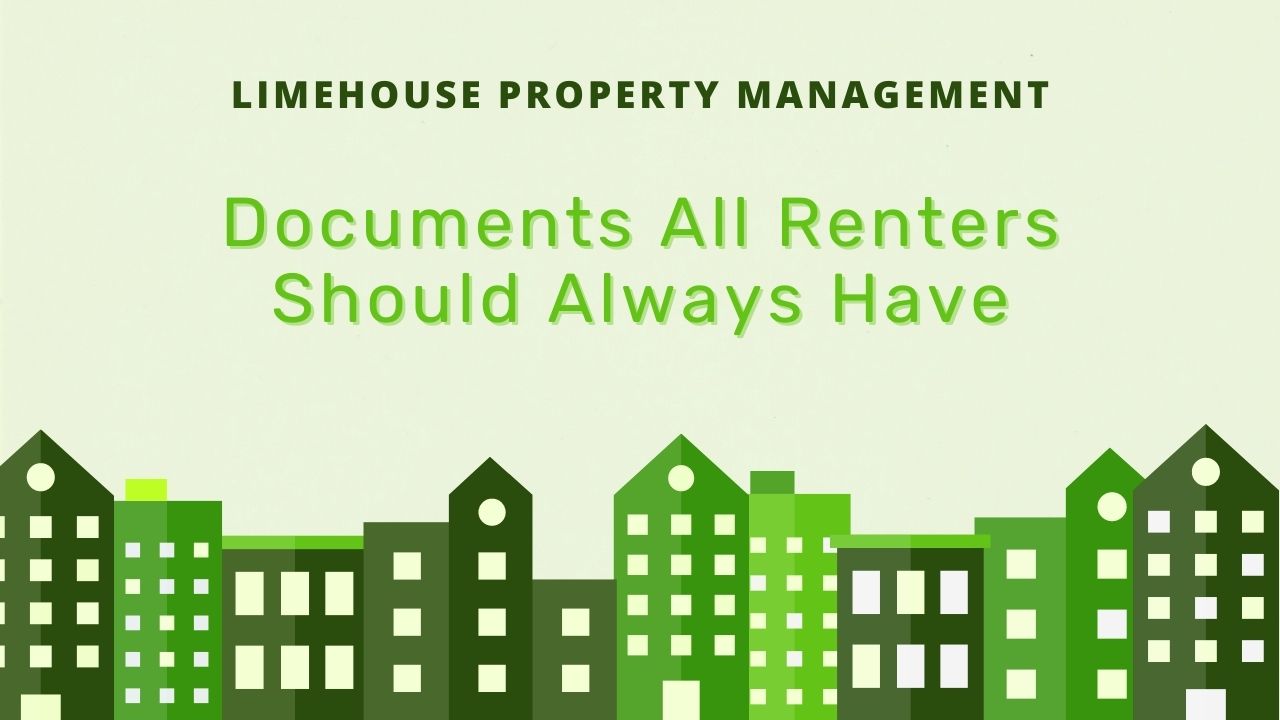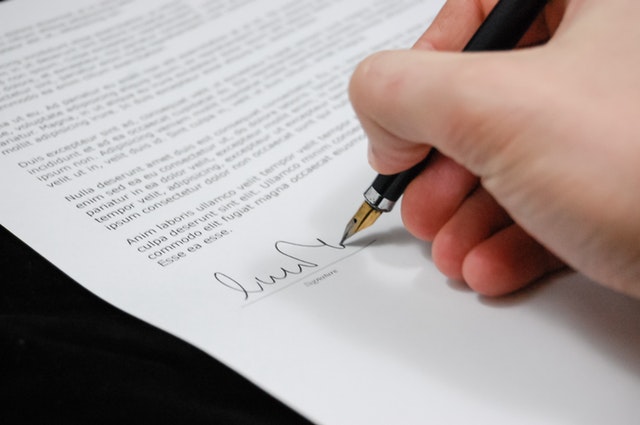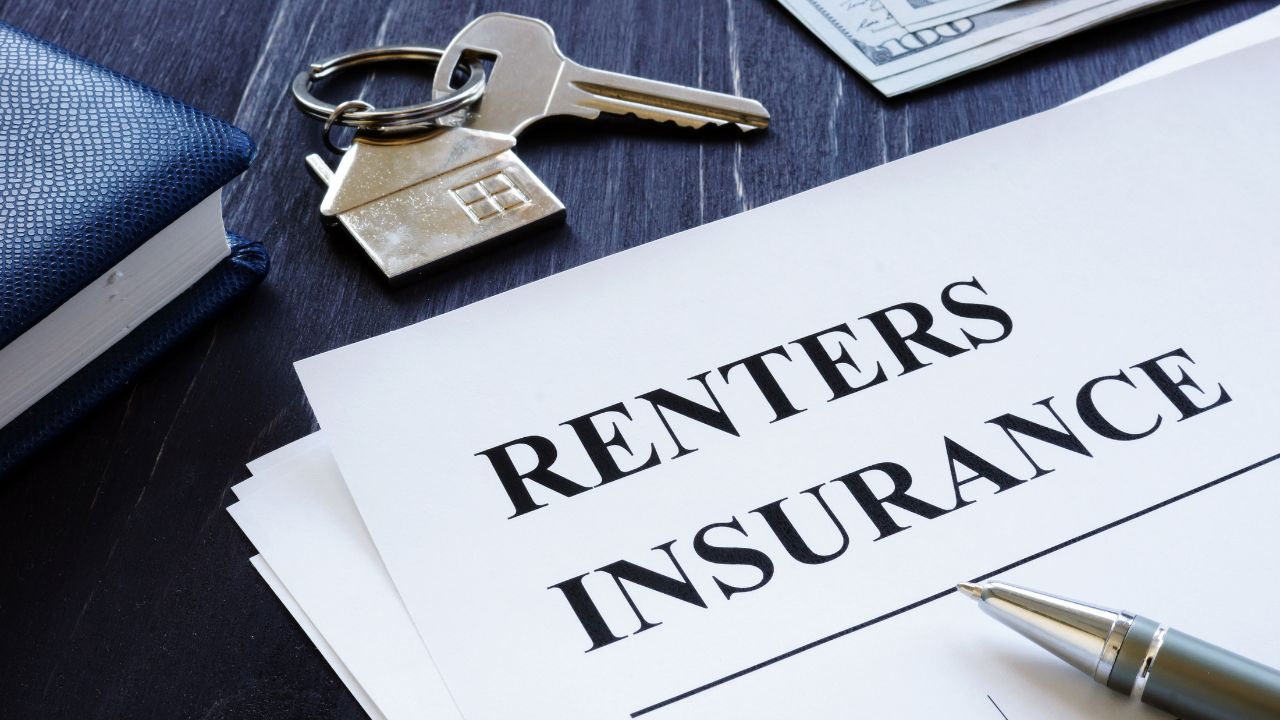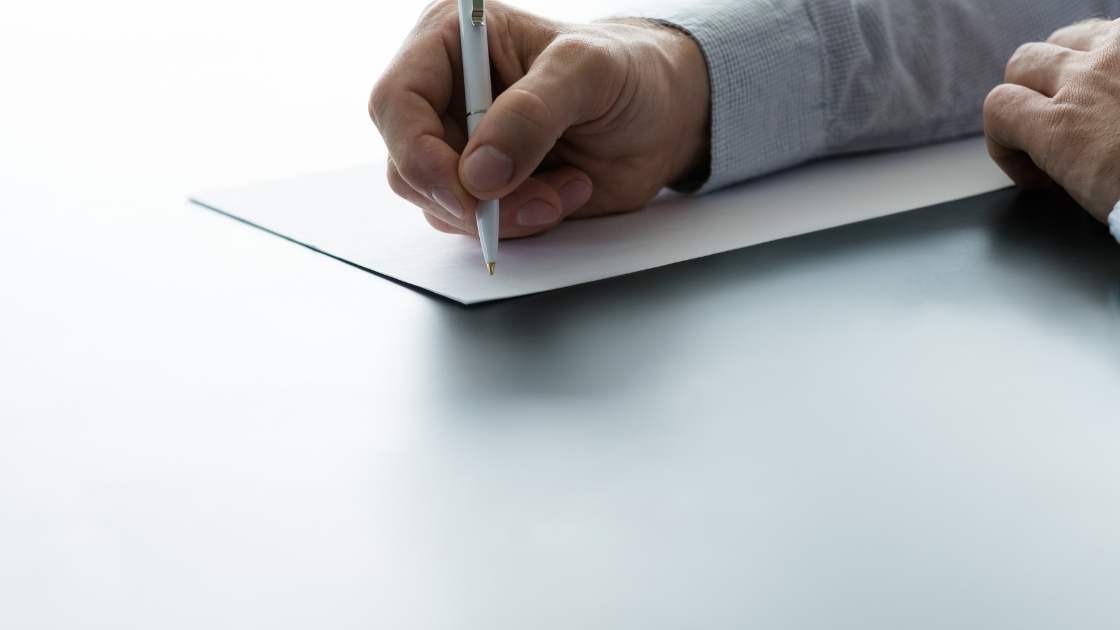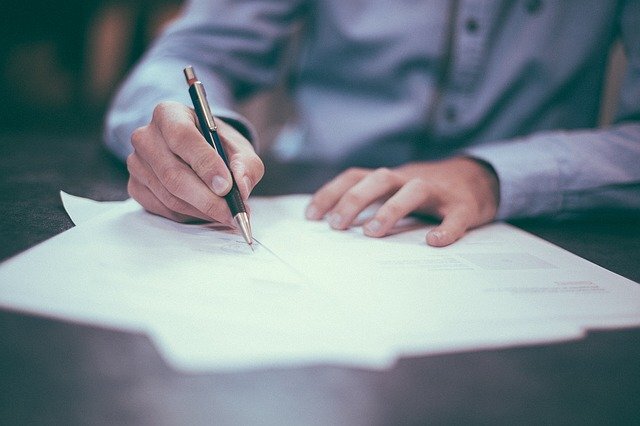Documents All Renters Should Always Have
Finding a new apartment to rent can be a stressful and time-consuming process. Fortunately, you may be able to better the moving experience by arming yourself with some crucial documents.
Whether you’re just starting out as a renter, or are looking to move to a new apartment, the following are must-have documents.
1. Move-in Inspection Checklist
On the first day you move in, make sure to document the property’s condition. This will help you keep an objective assessment of the rental’s condition. The documentation will also serve as evidence should there be a legal dispute in the future.
The move-in checklist should include all important areas and elements. In the home’s interior, you’ll want to document the condition of things like windows, doors, light fixtures, flooring, furniture, air conditioner, walls, and paint.
On the exterior, you’ll want to document things like outdoor furniture, electric fence, swimming pool, garden, and garage.
The quickest way to get a move-in checklist is online. You can get free customizable ones on sites like TemplateLAB.com and Wordlayouts.com.
2. A Copy of the Lease Agreement
Seems obvious, right? But, having a copy of the rental or lease agreement for reference can be useful. After all, the agreement is a contractual agreement between you and the landlord, which sets out both parties’ rights and responsibilities.
While verbal agreements may be legally binding, a written agreement is ideal.
And of course, make sure to read through the agreement to familiarize yourself with your obligations. Ask questions on things you don’t seem to understand or need clarification on.
3. A Letter of Reference
Good references are key when it comes to apartment searching. Before you begin your search, make sure to have it on file. Rental references can come from different sources, including former landlords and employers.
If you have a good relationship with them, ask them to vouch for you. A former landlord, for instance, can vouch for your ability to pay rent on time, abide by the terms of the agreement, and care for rented premises.
4. A Copy of the Renter’s Insurance
An increasing number of landlords are requiring renters to have a copy of the renter’s insurance. A landlord’s insurance policy only covers the structure and the landlord’s liability.
To cover your own belongings, you need to have renter’s insurance. It can help protect you against potential perils like theft and fire.
A renter’s insurance policy is typically around $15 per month. However, this amount will depend on a number of factors.
Keep a digital copy just in case the hard copy is lost or damaged.
5. A Copy of your Credit Information
Savvy landlords will always insist on checking your creditworthiness prior to lease signing. A good credit score will demonstrate that you are financially responsible and are less likely to default on rent payments or cause property damage, among other things.
Most landlords require tenants to have credit scores of at least 620.
6. Recent Bank Statements
It’s perfectly normal for a landlord to ask for your recent bank statements. This is especially true if you are a full-time student, are unemployed, or have a significant part of your income coming from a variable source.
Bank statements will help a landlord know whether or not you can afford to pay the monthly rent payments. Most landlords require that tenants make at least 3X of the monthly rent.
If, for instance, the monthly rent is $1,200, then most landlords will only consider you if you’re making at least $3,600 a month.
Without bank statements, you may need to show recent pay stubs and a W2. These will not only show that you’re currently employed, but how much money you’re making as well. They will also show the name of your employer, as well as their contact information.
7. Offer Letter
In the absence of bank statements and pay stubs verifying your income and its source, you’ll need an offer letter. An offer letter will supply your potential landlord with crucial information about where you’ll be working, terms of employment, and how much you’ll be making.
8. A National Identity Card
This is another important document you need to have before renting a new apartment. Of course, a landlord will want to verify your identity first before giving out possession of their property.
You can verify your identity by providing documents such as a driver’s license, a passport, or any other proof showing legal residency.
9. A Social Security Number
This is also a requirement when renting a new apartment. Landlords require renters to provide a social security number (SSN) in order to check renters’ backgrounds and credit worthiness.
However, if you’re able to provide your own credit report, then you may not have to disclose your social security number.
10. Paperwork from Guarantors
If you don’t earn enough, have an eviction history, or have poor credit to meet the landlord’s requirements, your landlord may require a guarantor.
The role of the guarantor would be to guarantee your rent in the event you are unable to pay. They would also need to provide some paperwork to showcase their financial ability to meet such a responsibility.
Bottom Line
These are the important documents every renter should have when searching for their next apartment.
If you’re looking for an apartment in Virginia Beach, Limehouse Property Management can help.
We’ll help you find your dream home. That is, one that meets your lifestyle, budget, and location.
Get in touch to learn more!

